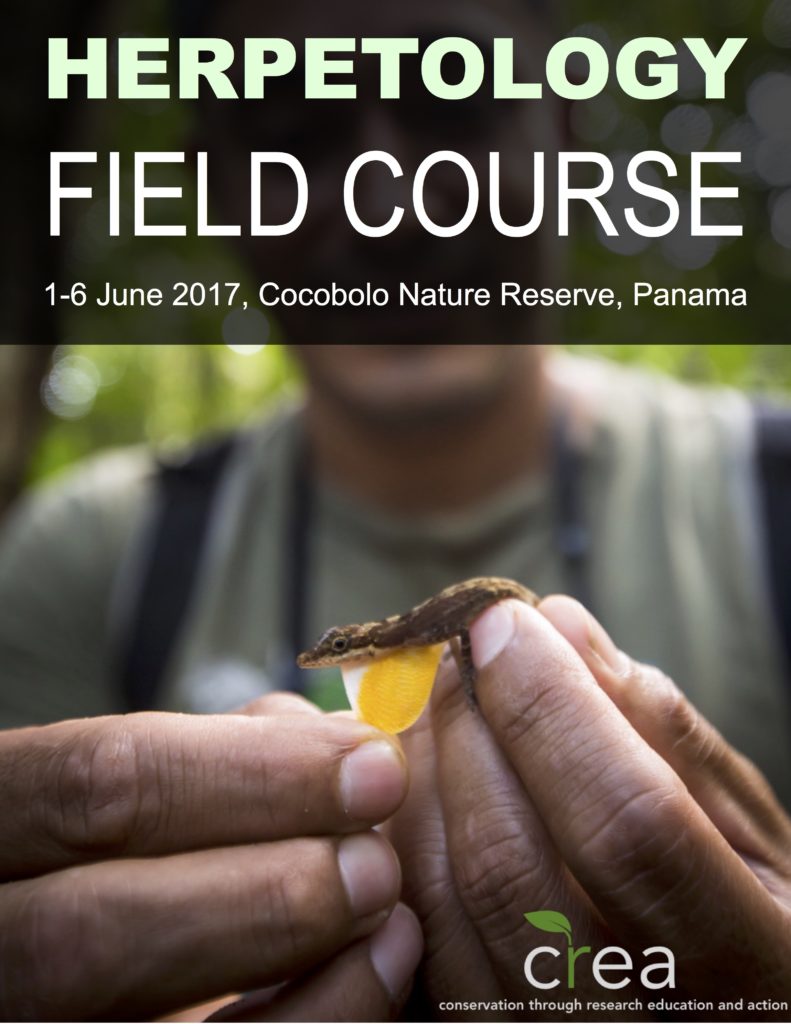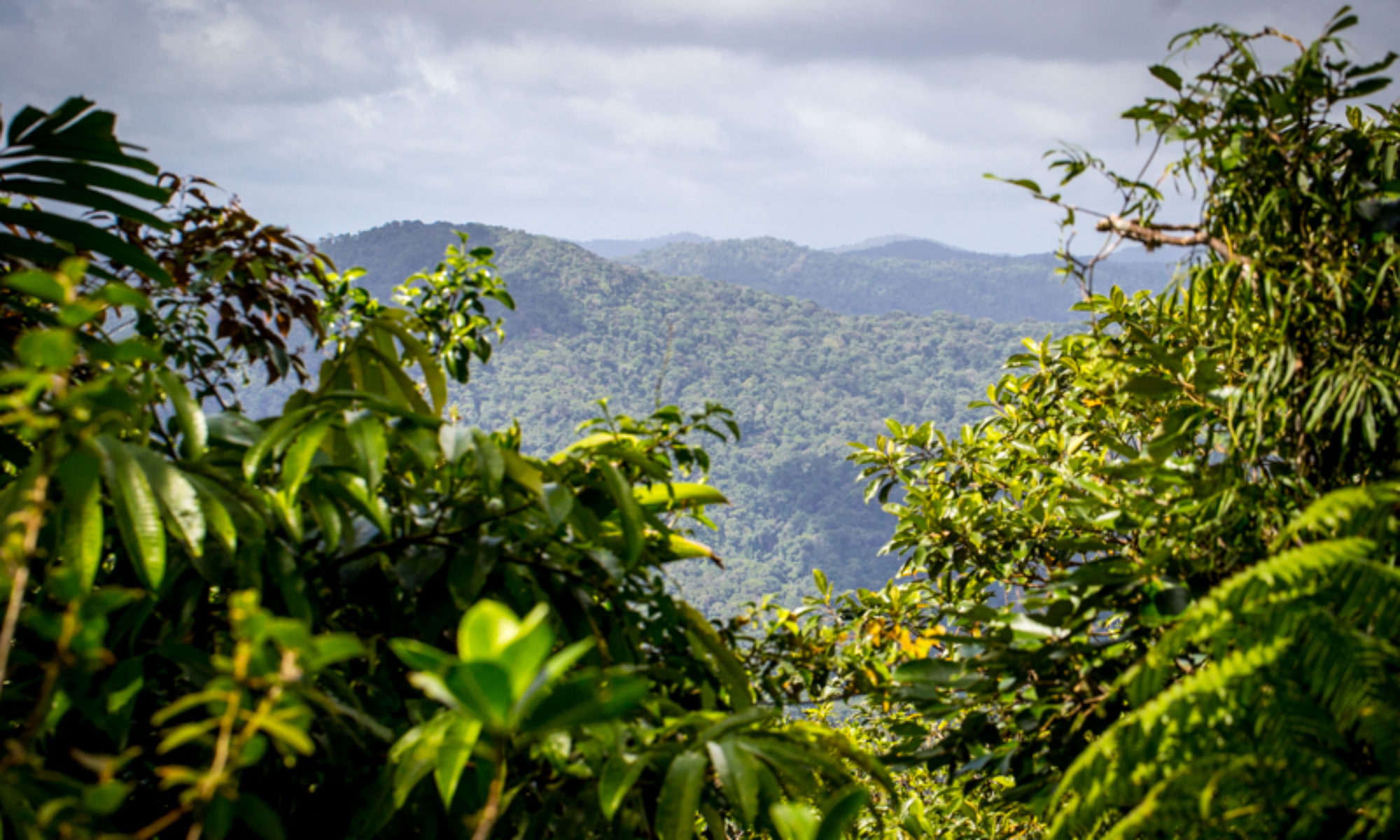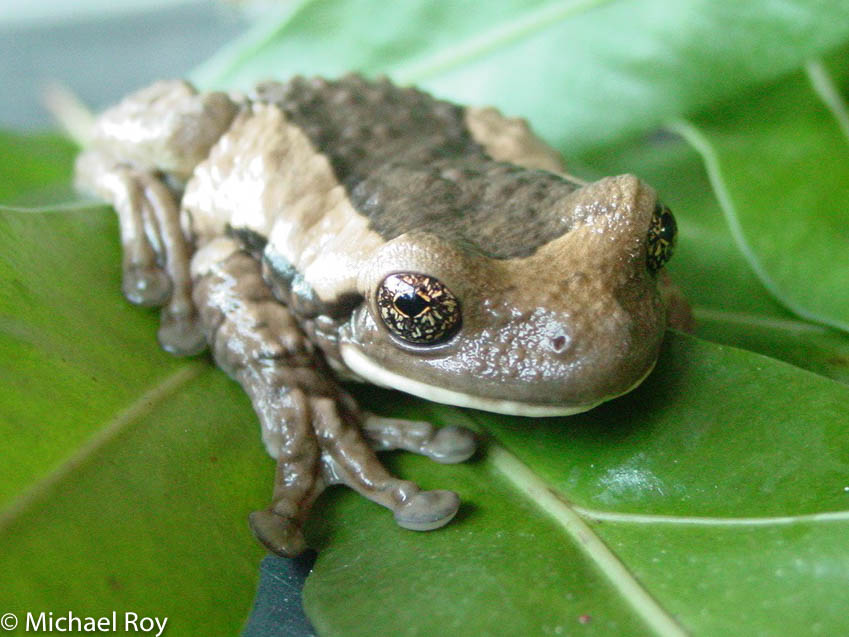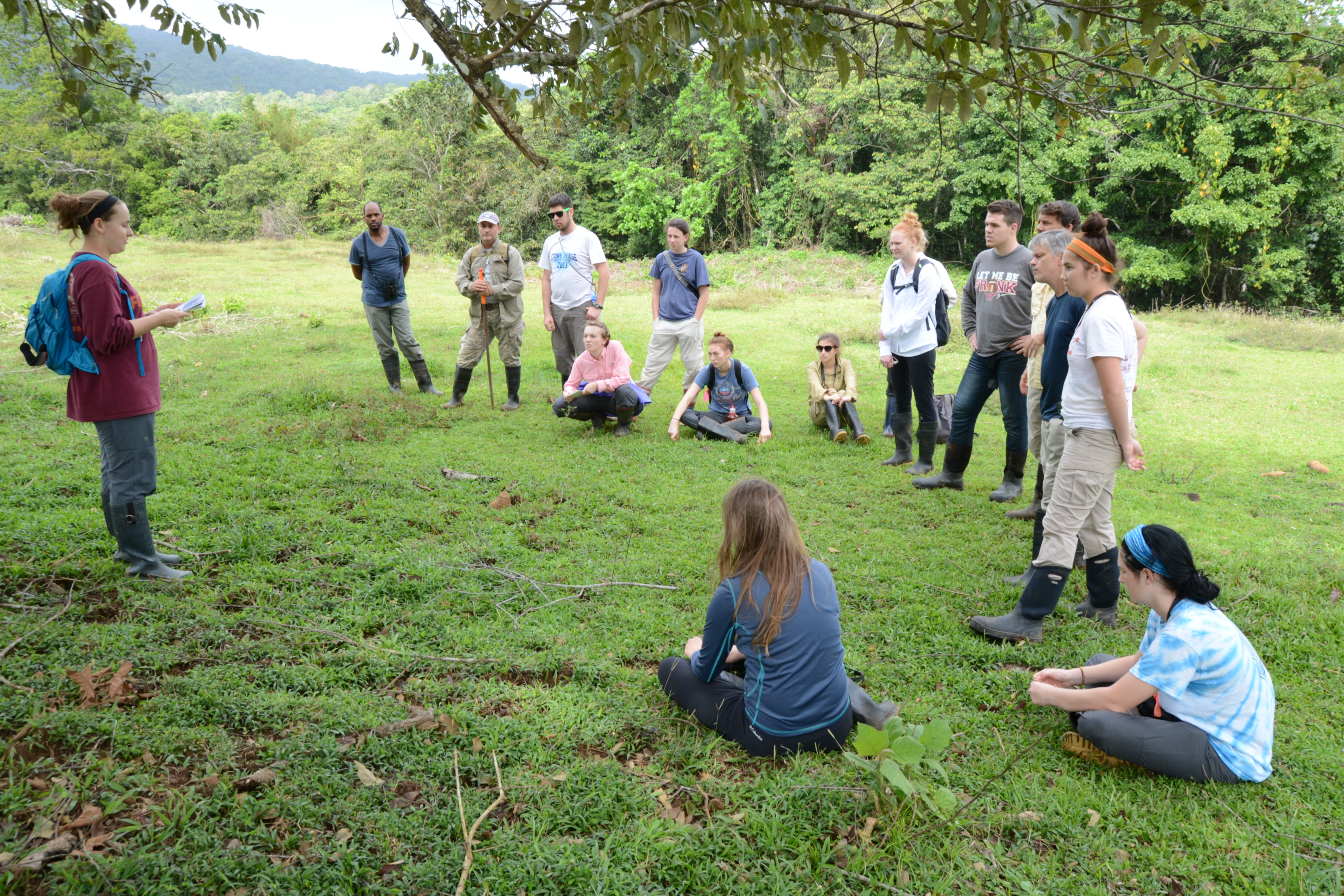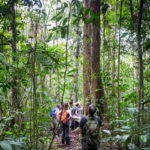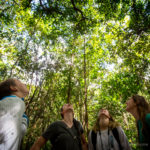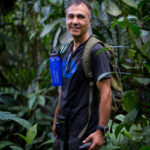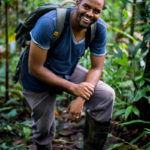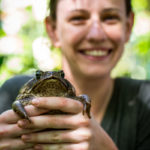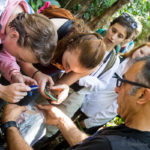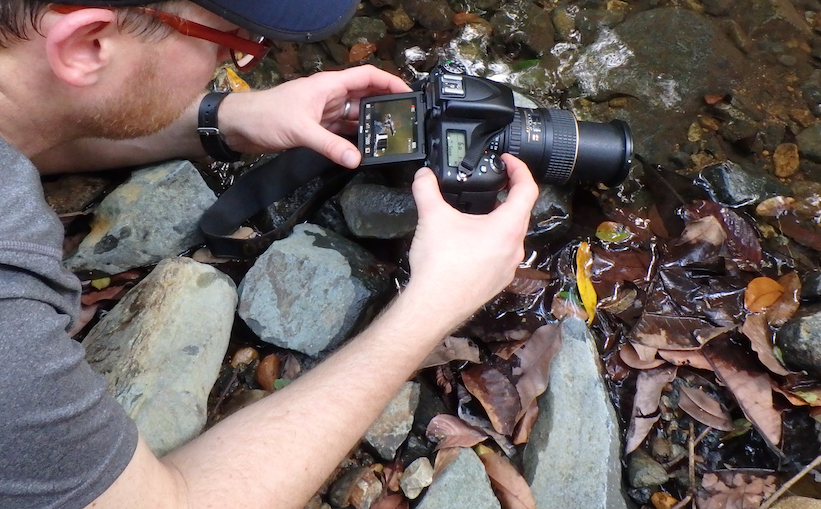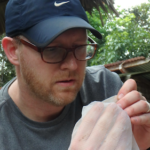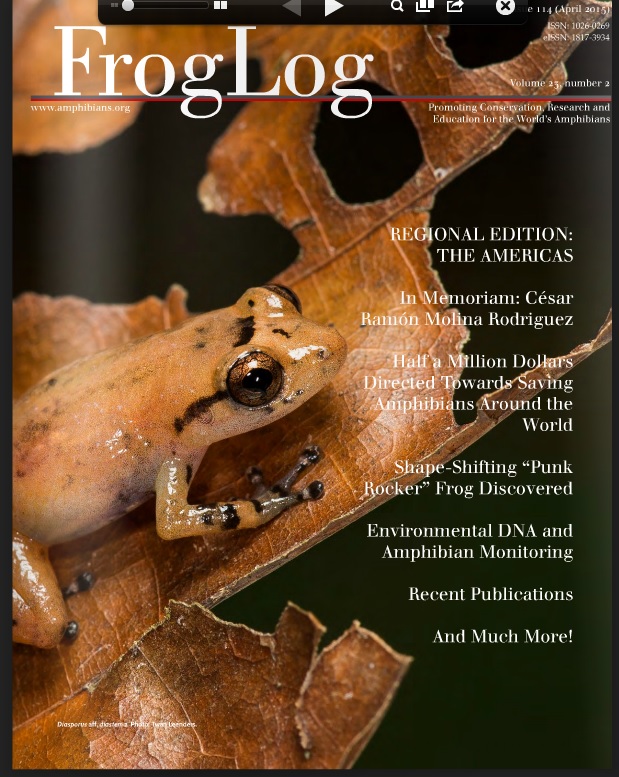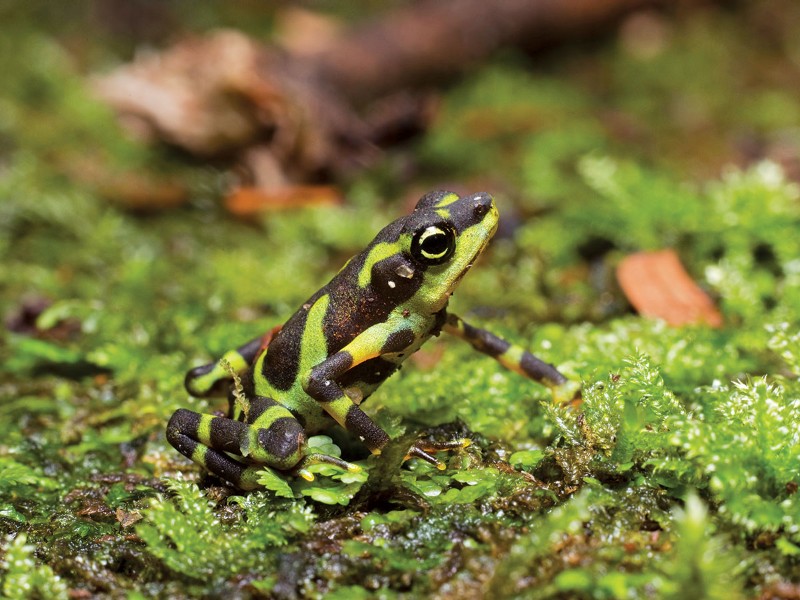JUNE 11th-17th 2017
Award winning nature photographer and documentary maker Clay Bolt together with Wildlife Biologist and Photographer Andrew Snyder will guide participants to take compelling nature photographs in a natural setting in the heart of a Panamanian rainforest.
COURSE OBJECTIVES:
– Learn how to effectively evaluate and respond to a photographic opportunity in the field
– Increase understanding of photographing various types of plant and animal life, and people in the field
– Use a variety of different photographic techniques to document biodiversity and story elements
– Develop a narrative with images that cover the most important elements of a story
– Have a basic understanding of how to pitch a story to editors and various media buyers
EXPERIENCES INCLUDE:
– Five full-day stay at the Cocobolo Nature Reserve’s biological field station
– Day and night hikes to discover and document a broad array of wildlife
– Hands-on photographic demonstration and experimentation
– Evening lectures and slideshows
– Image review and discussion
The Course is limited to 10 participants
Cost: $1800
Download the Brochure Here
Apply here
